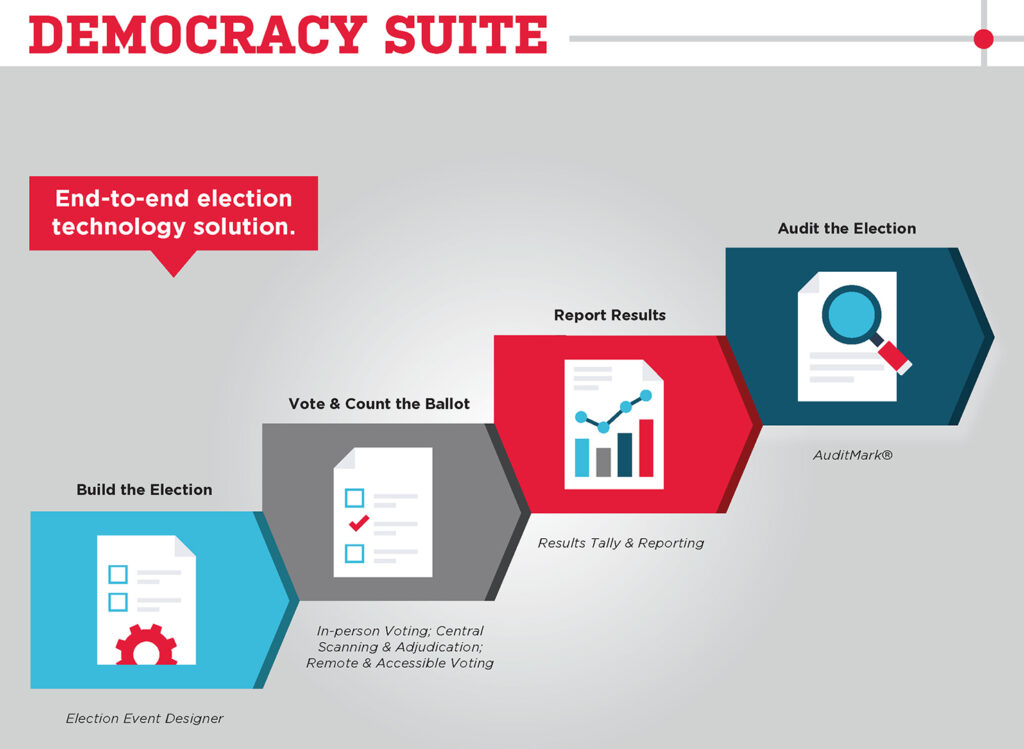
From Dominion’s Democracy Suite brochure.
“There haven’t been ‘glitches’ anywhere in the county. It’s fake news.” – Assistant Registrar of Voters Scott Konopasek
Soros connections to Dominion and Contra Costa DA Becton
Contra Costa Machines not connected to internet, but flash drives used
Clause allowing altering of votes included in Contra Costa’s contract
By Allen Payton
It was rumored, recently that controversial Dominion Voting Systems technology was used for elections in Contra Costa County. The election services company, their software and equipment have come under scrutiny, following a variety of challenges in other parts of the country with elections offices using the technology, and accusations of votes being switched from President Trump to former Vice President Biden. That rumor proved true.
When asked if Dominion technology is used in Contra Costa elections and if so, how can the voting public in our county trust that there haven’t been any problems or “glitches” as there have been elsewhere in the country with those using Dominion products, Contra Costa County Assistant Registrar of Voters Scott Konopasek responded, “There haven’t been ‘glitches’ anywhere in the county. Its (sic) fake news.” Asked, again if the county uses Dominion technology, he responded simply, “Yes.”
In light of all the recent testimony during hearings on the elections where Dominion technology was used in other states and the problems and controversies associated with it, the following questions were sent to Konopasek and County Clerk-Registrar of Voters Deborah Cooper.
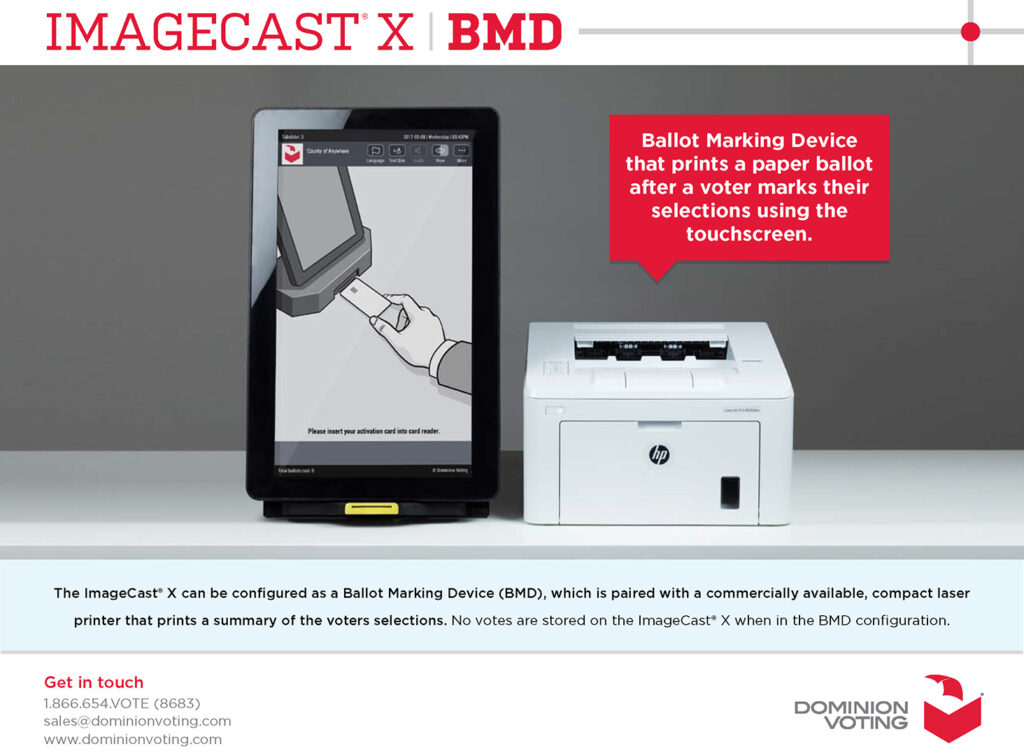
Dominion’s ImageCast X equipment purchase and used by Contra Costa Elections. From company brochure.
First Purchased in 2018, Software & Hardware Used
Asked when did the purchase of the Dominion technology by our county first occur/how long has our county been using their technology, Konopasek responded “the system was purchased in 2018 and used in all elections that year, including the statewide Primary and General elections.”
Asked which software and hardware of Dominion’s is used in our elections he shared, “Software – Dominion Democracy Suite 5.10a, Remote Accessible Vote By Mail (RAVBM) 5.10a. Hardware – ICE Optical Scanner, ICX (Imagecast X) Ballot Marking Device, Canon G1130 Scanner, InoTec H12 Hipro Scanner.”

Use of Dominion’s ImageCast-X. From 2020 brochure.
Asked if any of the Dominion equipment is connected to the internet or accessible by computers in the county or elsewhere and could that equipment be hacked and votes switched either in the county elections office or remotely, Konopasek responded, “No devices in the voting system network are connected to the internet or any county computer. Votes cannot be ‘switched’ remotely. Layers of physical security, cyber hygiene, internal and public audit processes exist to prevent or discover ‘hacking’ or ‘tampering’ with result totals.”
He further explained, “RAVBM is a hosted website that military, civilian overseas, and voters that need an accessible ballot can access to mark and print their own ballot (similar to a ballot on a ballot marking device). The printed ballot is returned in an envelope the same as all other vote by mail ballots. Election staff access this site to set it up and maintain it through the county network and not through the voting system network.”

Dr Shiva, Phil Evans & Bennie Smith who discovered a weighted algorithm in the Dominion software. Video screenshot.
Weighted Race Algorithm That Transfer Votes from One Candidate to Another
Konopasek was asked if there is a weighted race feature in the software that Contra Costa County uses, as has been discovered in the Dominion software, elsewhere. He responded simply, “We do not know what you are referring to with this question.”
Additional information was shared with him, as explained by MIT educated Dr. V.A. Shiva Ayyadurai, as well as software engineer, data analyst and elections commissioner Bennie Smith and Phil Evans, an inventor, engineer and data analyst. They claim their analysis of the Michigan election results show “a computer algorithm that linearly transferred the votes from Trump to Biden.” It’s the same pattern found in Pennsylvania, according to a report by the Gateway Pundit.
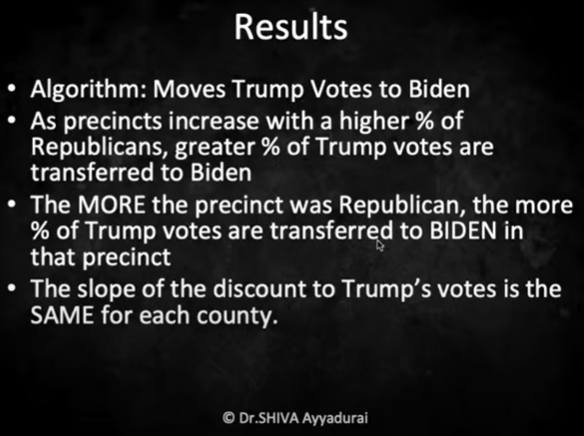
Results from Dr. Ayyadurai’s analysis. Video screenshot.
In addition, a report by The Spectator claims, “All major voting machine vendors, including Dominion, have this feature. This system breaks votes down into fractions and then weights them for some reason. Dominion said the feature was built in for their condo or land ownership customers who may want to tabulate votes based on the amount of land each participant may own.”
Asked if the machines Contra Costa County use save images of all ballots that are inserted and run through the machines, Konopasek responded, “Yes, all scanned ballot images and audit records are saved and stored.”
County’s Agreement Allows Staff to Adjust Tally, More
Santa Clara County Elections also uses the Dominion Voting Systems technology. According to a report on NTD news, a 2019 agreement between Santa Clara County and Dominion shows the system allows staff to adjust the vote tally based on a review of scanned ballot images.
Konopasek was asked if that clause is also in the Contra Costa County’s contract with Dominion. He responded, “Yes, the clause is in our contract as well. This is in reference to the adjudication process, wherein ballots that are flagged by the scanners with an issue (blank ballots, overvotes, write-ins, voting positions with marks falling below a certain filled threshold) are sent to be reviewed by election staff. After review of the ballot the staff member makes a determination as to the voters’ intent and informs the system how to count the flagged vote. The decisions are added to the audit log of each ballot image along with a user and date/time stamp.”
Copies of Agreements Provided
A copy of the complete Contra Costa County has with Dominion Voting Systems was requested on Thursday, Dec. 3. Cooper’s executive secretary, Melissa Hickok provided both a copy of the 2018 contract and 2020 extension on Wednesday, Dec. 9 before the 10-day requirement for public records requests. They can be viewed here Dominion Contract_030118 and here Dominion_2ndAmendment_022520
Approved by Canciamilla and Supervisors, Contract Increased This Year
An extension to the contract with Dominion for an $183,000 to the original contract and $348,700 more for two additional machines, was signed by Konopasek on Feb. 25, of this year. It was countersigned by a staff member of the County Counsel’s office. Konopasek’s signatures raised the question of why he signed the contracts and not then-County Clerk/Registrar of Voters Joe Canciamilla in 2018 and the current Clerk/Registrar Cooper, who was appointed to fill the position in January, following Canciamilla’s resignation.
Konopasek responded, “I signed the contracts because I am one of the Clerk-Recorder’s authorized designees.”
Asked who approved the contracts, he responded, “The contract was approved by Joe, the CAO (County Auditor-Controller), County Counsel, and the Board of Supervisors in a public meeting. Joe and I presented the proposal to the Board, took their questions and responded to public comments before they approved it. All public record, in plain view and according to the book.”
Another question asked of Konopasek was will the county consider purchasing equipment from an American-based company to avoid concerns about using equipment from a foreign-owned company in U.S. elections and something different with all the flaws discovered with the Dominion technology. Rather than answer the question, he responded, “Dominion is a US Delaware Corporation headquartered in Denver. Where are you getting your information?” (In response, the information below was provided to him).
Foreign Company
Although its headquarters is in Denver, Colorado, according to a form filed with the State of California in 2014, Dominion was first formed in 2003 in Toronto and then in 2009 in Denver. The company’s principal officers and mailing address, in 2014 were CEO John Poulos, CFO Ian MacVicar, and VP of Product Line Management James Hoover at 215 Spadina Avenue in Toronto.
Purchased in 2018 the Year Soros-Backed Becton Elected DA
The first contract for over $4.1 million was signed by Konopasek on March 1, 2018 and Contra Costa purchased the Dominion technology and used it in the elections, that year. That’s when current District Attorney Diana Becton was elected with the backing through contributions to her campaign by organizations connected to billionaire George Soros, including Real Justice PAC, which endorsed her.
According to a May 2018 L.A. Times report, “Soros, whose spending as of this week in California topped $2.7 million, is the most visible part of the national movement to sway county prosecutor races.” His efforts focused on nine candidates for District Attorney in the state, that year, and primarily targeting four, including Becton.
According to a January 2020 analysis on the Washington Times website, “In the last few years, Soros has taken to trying to take over local law enforcement agencies by pumping massive amounts of money into candidates he favors in key district attorney races.”
An August 2016 Politico report entitled, “George Soros’ quiet overhaul of the U.S. justice system” claims “Progressives have zeroed in on electing prosecutors as an avenue for criminal justice reform, and the billionaire financier is providing the cash to make it happen.”
In June 2019, the Washington Post reported that a “A political action committee funded by Democratic megadonor George Soros has spent nearly $1 million to promote progressive challengers in the Democratic primary races for prosecutor in Arlington and Fairfax (Virginia) counties.” That report also reiterated previous reports that, “Soros-funded PACs have donated heavily to prosecutors’ races in counties and cities across the country in recent years as part of a strategy to push liberal criminal justice policies.”
Soros’ Connection to Dominion
According to a Nov. 17, 2020 investigative report by Heavy.com, Dominion has connections to Soros.
Heavy reported, “Since the 2016 election especially, Dominion and other large voting firms have faced increasing Congressional scrutiny. Dominion has ties to the Clinton Foundation. The company has used lobbying firms that employ lobbyists with ties to major figures like Georgia’s Republican governor and House Speaker Nancy Pelosi…it has also worked with firms tied to George Soros and Robert Mueller and gets some components from China. A former ambassador named by former President Barack Obama sits on the board of a company that acquired it in 2018.”
Further, the Heavy article reports, “The State of Texas rejected the company’s machines and problems arose with contracted company in the Philippines that has ties to George Soros.”
Ties Between Dominion and China
A Dec. 5 article on the New York-based NTD news website reported, “A $400 million SEC filing links Dominion, UBS and China.
The article reads in part, “Attorney Lin Wood claimed on December 1st that Communist China purchased Dominion Voting for $400 million dollars. Wood published a link to a Securities and Exchange Commission filing, showing Dominion Voting Systems’ parent company receiving $400 million dollars from a Swiss bank subsidiary. The transaction itself does not directly show what the attorney alleges it to be. However, it does show ties between the voting software company and the Chinese regime.”
Furthermore, NTD’s article reports, “…a closer look into the (UBS) New York subsidiary shows that among four of its board members, who are appointed by shareholders, three appear to be Chinese. One of them is Ye Xiang, a Chinese national who also served as a board member of Beijing’s based UBS subsidiary.
The person worked at the Chinese regime’s central bank, the state-owned Bank of China, as well as the Hong Kong government’s financial regulatory agencies.
UBS is the first foreign bank that’s allowed to have a fully-licensed securities joint venture in China’s very restricted financial market.”
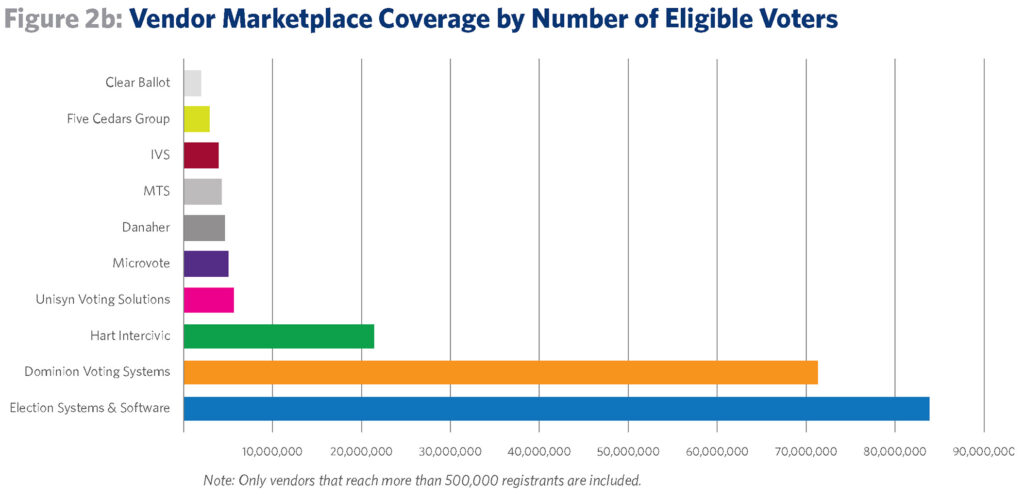
Penn Wharton study chart on election systems companies’ share of U.S. market. By Penn Wharton.
40% of U.S. Market
According to a 2017 Penn Wharton study, three companies reach over 92% of U.S. voters and Dominion serves 40% of them, second only to Omaha, Nebraska-based Election Systems & Software. The third largest provider of election systems technology is Austin, Texas-based Hart InterCivic, which has a regional office in Sacramento.
Concerns of Democrat Senators, 2018 Vote Switching Incidents
The concerns are mainly being expressed, this year by Republican officials and attorneys, But according to an MSN news report just last month, “Massachusetts Senator Elizabeth Warren and Minnesota Senator Amy Klobuchar… co-signed letters sent to investors of the three major voting systems used in the U.S. last December, including a Dominion investor…did raise concerns about how investors might be influencing the funding and security of Dominion.”
“The letter drew attention to a handful of incidents during the 2018 midterm elections in which voters reported that the machines they used switched their votes, raising concerns about the machines’ security and the importance of updating voting machine technology whenever possible.”
Video Shows System Flaws Revealed in Georgia
In a two-part video on YouTube entitled “Dominion Voting Machine Flaws — 2020 Election Coffee County, Georgia” it shows how the same ballots can be run through the system multiple times, and that elections office workers can add or change votes on ballots inside the system. (Video Part 1 and Video Part 2)
Douglas Now, the newspaper and website based in Coffee County, GA, which posted the videos, commented on the test of the system, “The Dominion voting machines that Georgia and several other states use are unsecure and open to manipulation during the counting process. This first of two videos shows the weaknesses of the system and the ways in which an unscrupulous election official may alter ballots with virtually no chance of being caught.”
Asked if that is also possible in our county Konopasek responded, “I watched most of the videos. The characterization of ‘changing’ votes is wrong and misleading. The adjudication process interprets marks the voter made but the scanners could not decipher.”
Contra Costa Machines Not Connected to Internet, But Flash Drives Used
While the machines used by Contra Costa County are not connected to the internet it was learned by the Herald that flash drives are inserted and removed from the voting tabulation machines. New questions about the use of the flash drives were also asked, including how they are used and where do they and the data on them go before, during and after the ballot/vote count.
Konopasek responded with an explanation of the ballot and vote counting process in Contra Costa County.
“The ICE Scanner uses a Compact Flash Card (“CF card”) that contains the parameters for the election and polling site, it also stores the scanned ballot images from voting. Prior to the election two CF cards are formatted and programmed with the election definition and inserted into an ICE Scanner. The scanner, and cards, are tested and the test results are reset. The cards are sealed inside the scanner with a serialized tamper evident seal. Election day poll workers verify this seal is unbroken prior to voting.
After voting is completed the poll workers break the seal on one of the two CF cards, put the primary CF card into a transport container and seal the container. The container is returned to the Elections Division on election night, the CF card is removed and the results and logs from that CF card are uploaded to the voting system. The secondary card remains sealed in the scanner in case the primary card is damaged or will not properly upload.
After election night the ballot images from the CF cards are transferred to the voting system and stored along with the results and logs. The secondary card is retrieved from all scanners.
After all images, logs, and results are in the voting system the CF cards are then reformatted for future use.”
Dominion Denies Allegations
In response to the accusations against their technology in last month’s elections, Dominion issued a lengthy statement on their website, updated December 7, 2020, denying any allegations of fraud. In addition, an opinion piece by the co-founder, president and CEO of Dominion, John Poulos, was published in the Wall Street Journal on Nov. 30, further responding to and denying the various accusations against his company’s technology.
Assistant Registrar of Voters Calls Reporting “Baseless Hoax, to Retire Dec. 31
Konopasek who announced, last week, his retirement at the end of the month, offered a comment in response to the questions from the Herald.
“From my perspective you are investigating and reporting on a baseless hoax intended to undermine confidence in our electoral institutions for the benefit of sore losers,” he said. “Bi-partisan experts, Federal, State and local election officials as well as the US the Attorney General and Department of Homeland Security announced the most secure election in recent history.”
National Lawsuits Continue
Additional lawsuits against the results in other states continue in the courts and as of Friday, Dec. 11 at least three have been filed with the U.S. Supreme Court.
 Martinez, Calif. – On Monday, Dec. 14, 2020, Contra Costa County District Attorney Diana Becton formalized a new policy for civil asset forfeiture cases within the DA’s Office. In June 2019, DA Becton implemented an interim policy to address growing concerns with certain types of civil asset forfeiture cases. This interim policy is now permanent for the DA’s Office and applies to the entire county. Civil asset forfeiture cases are a civil procedure for law enforcement to seize cash and other property from suspects alleged to have ties to drug trafficking and drug sales.
Martinez, Calif. – On Monday, Dec. 14, 2020, Contra Costa County District Attorney Diana Becton formalized a new policy for civil asset forfeiture cases within the DA’s Office. In June 2019, DA Becton implemented an interim policy to address growing concerns with certain types of civil asset forfeiture cases. This interim policy is now permanent for the DA’s Office and applies to the entire county. Civil asset forfeiture cases are a civil procedure for law enforcement to seize cash and other property from suspects alleged to have ties to drug trafficking and drug sales.









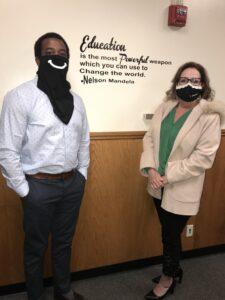
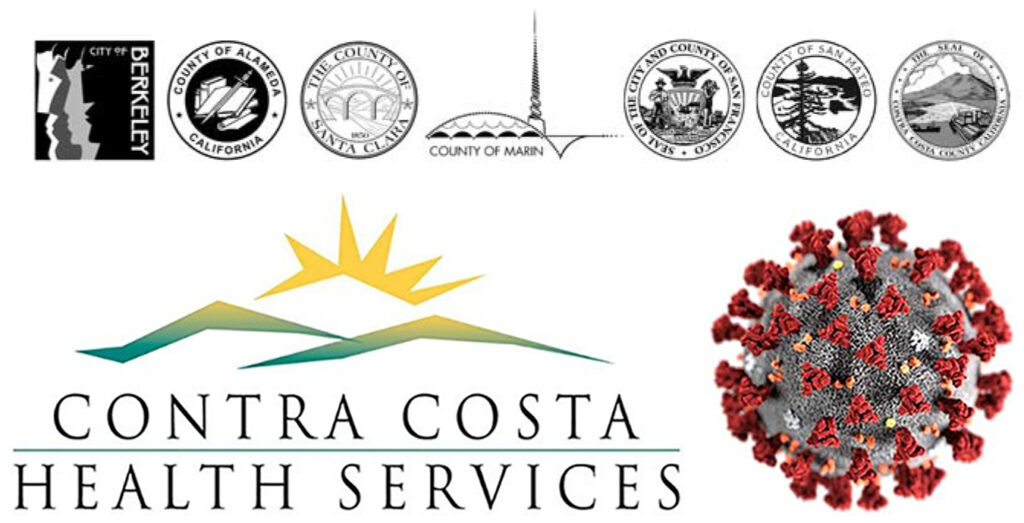
 By Allen Payton
By Allen Payton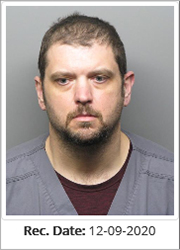






 Today, Thursday, December 10, 2020, the Contra Costa Health Officer, Dr. Chris Farnitano, shortened the time for quarantines from 14 days to 10.
Today, Thursday, December 10, 2020, the Contra Costa Health Officer, Dr. Chris Farnitano, shortened the time for quarantines from 14 days to 10. ANTIOCH – As a major event facility, The Contra Costa Event Park has been weighing all of its options, as we monitor the evolving coronavirus (COVID-19) situation. There is no higher priority than the safety of our Fairgrounds family, patrons, vendors, promoters and sponsors at the Contra Costa Event Park. It is with heavy heart and great regret due to this ongoing situation the Contra Costa Event Park Board of Directors met last night and unanimously voted to cancel the 2021 Contra Costa County Fair scheduled for May 13 – 16.
ANTIOCH – As a major event facility, The Contra Costa Event Park has been weighing all of its options, as we monitor the evolving coronavirus (COVID-19) situation. There is no higher priority than the safety of our Fairgrounds family, patrons, vendors, promoters and sponsors at the Contra Costa Event Park. It is with heavy heart and great regret due to this ongoing situation the Contra Costa Event Park Board of Directors met last night and unanimously voted to cancel the 2021 Contra Costa County Fair scheduled for May 13 – 16.










